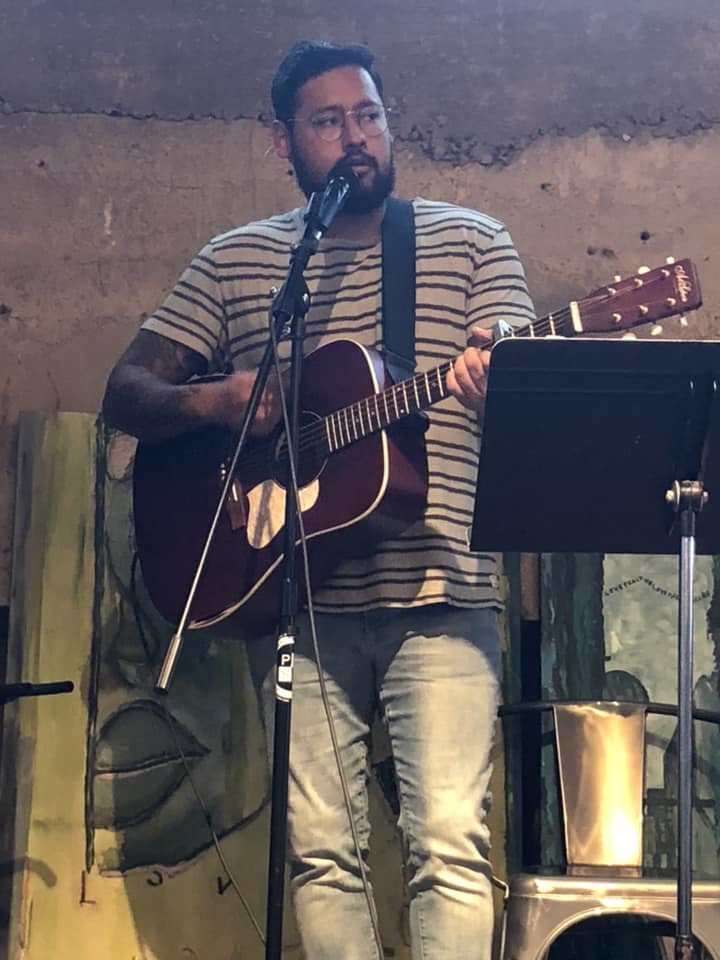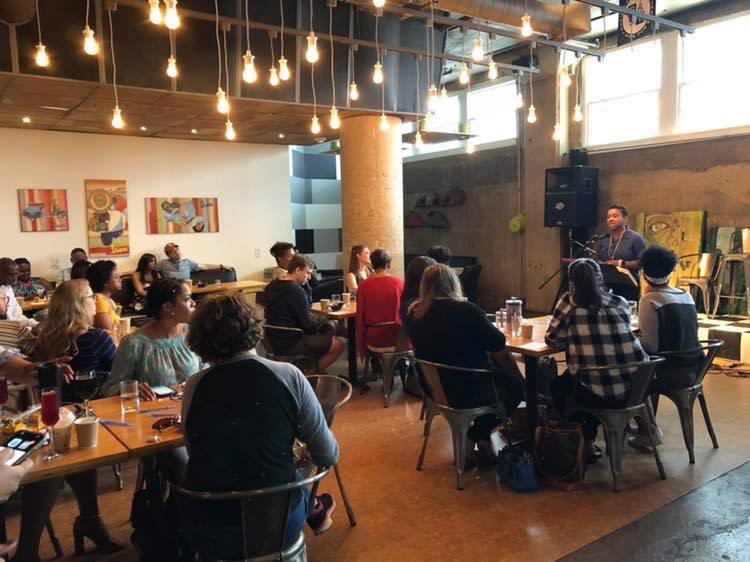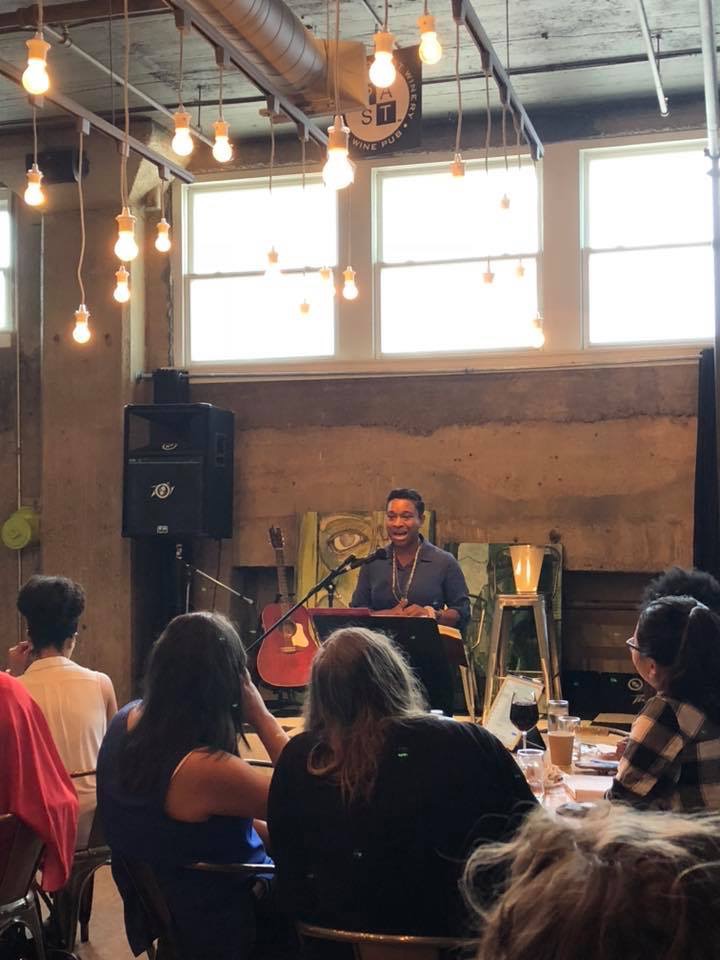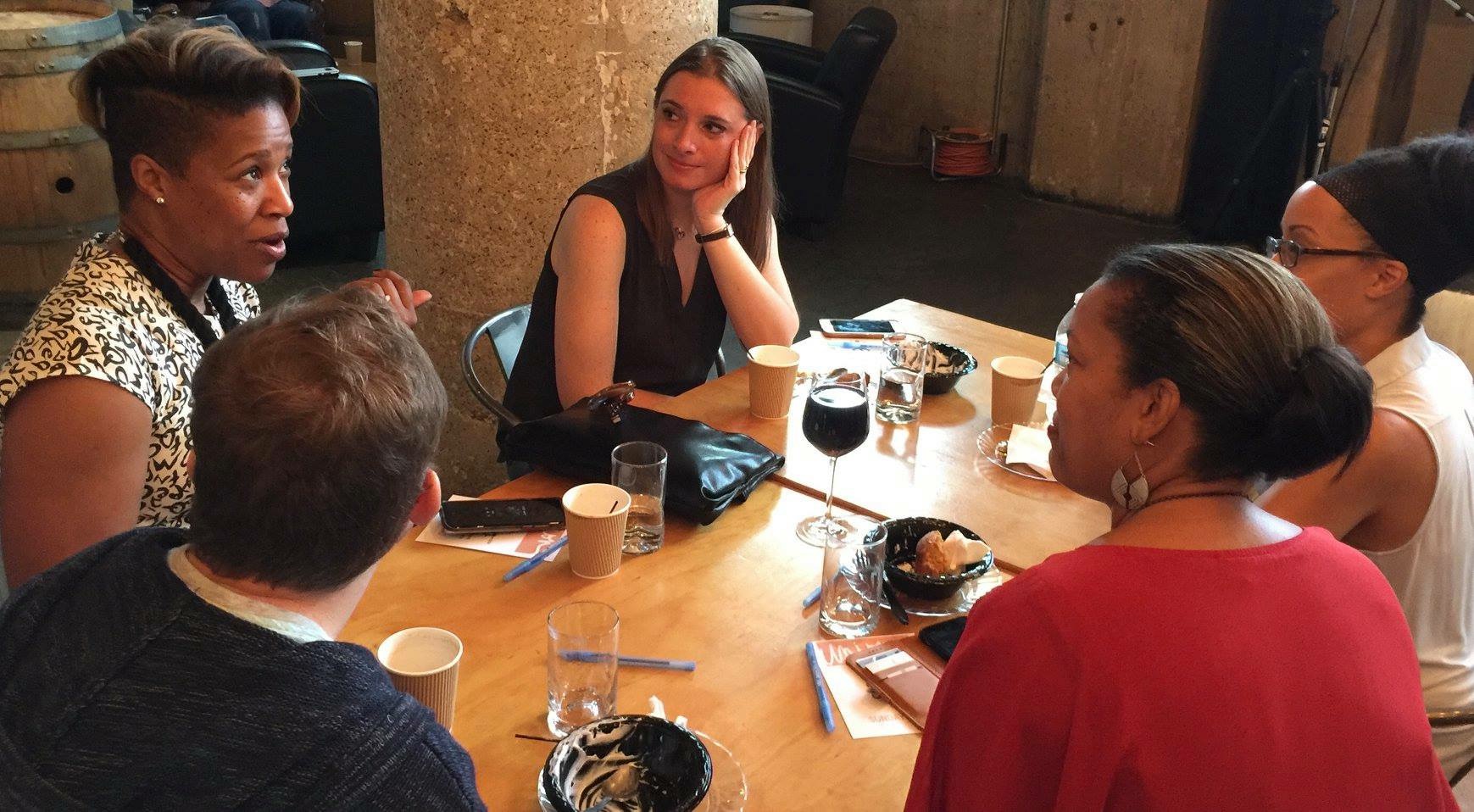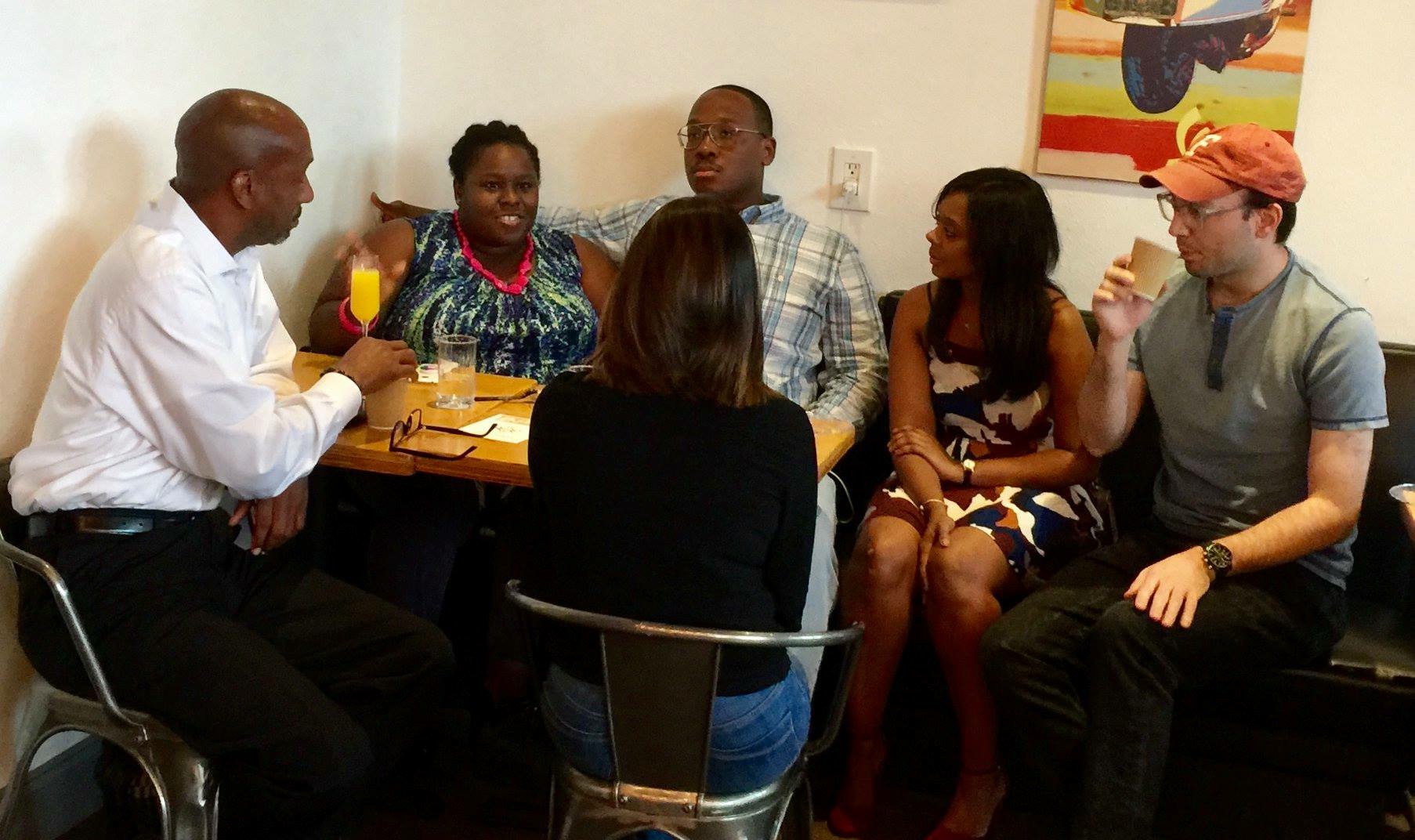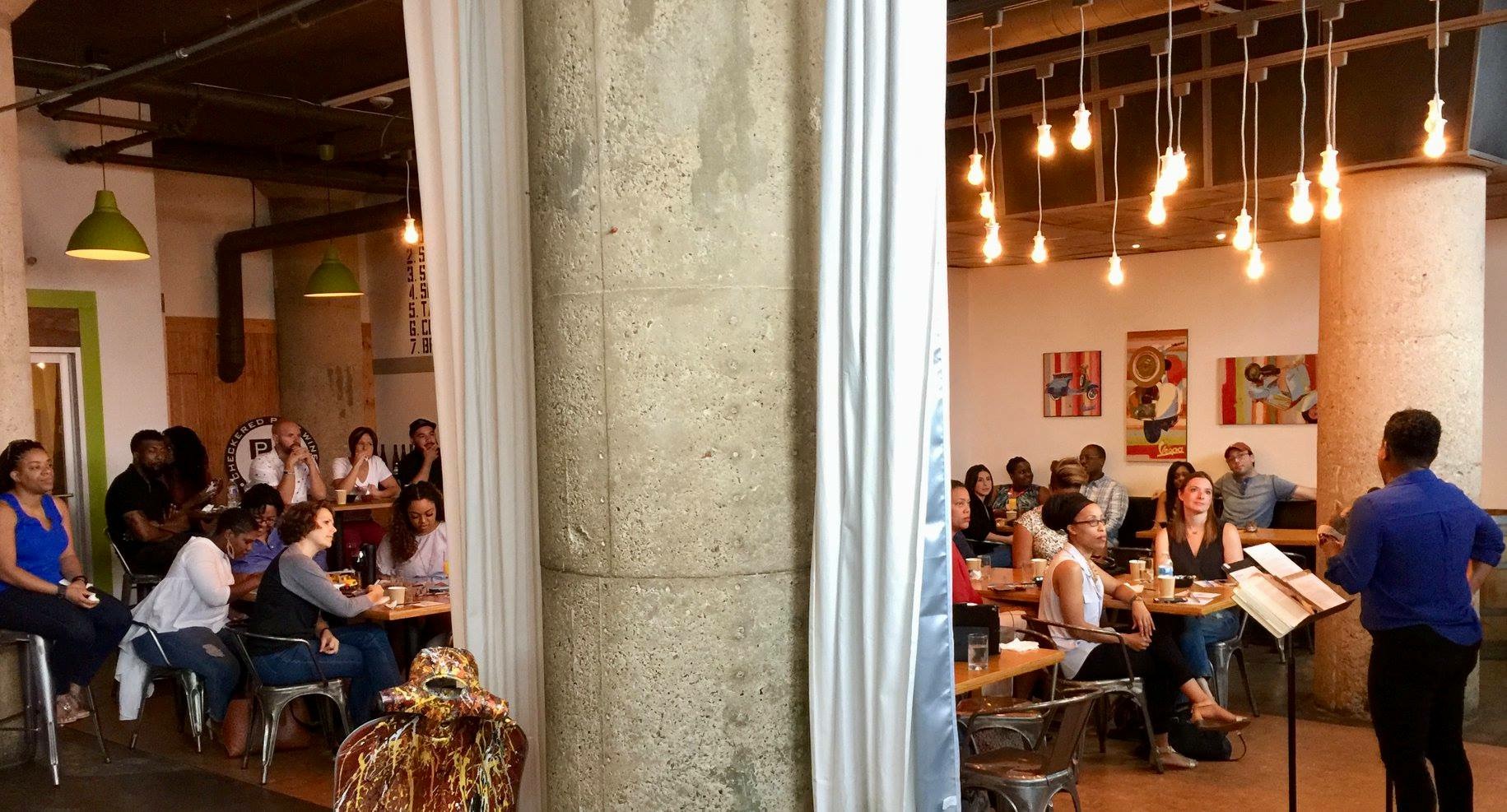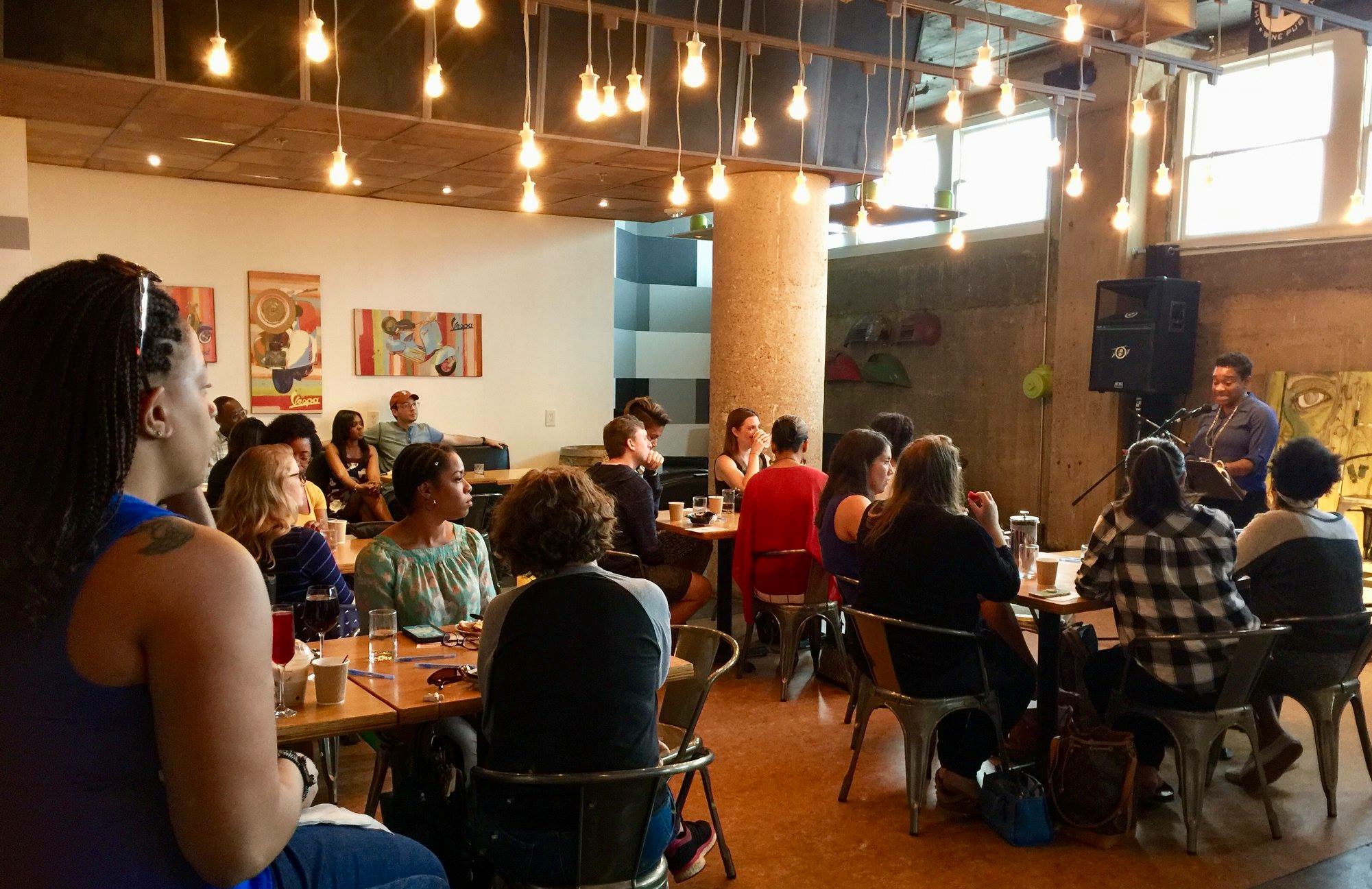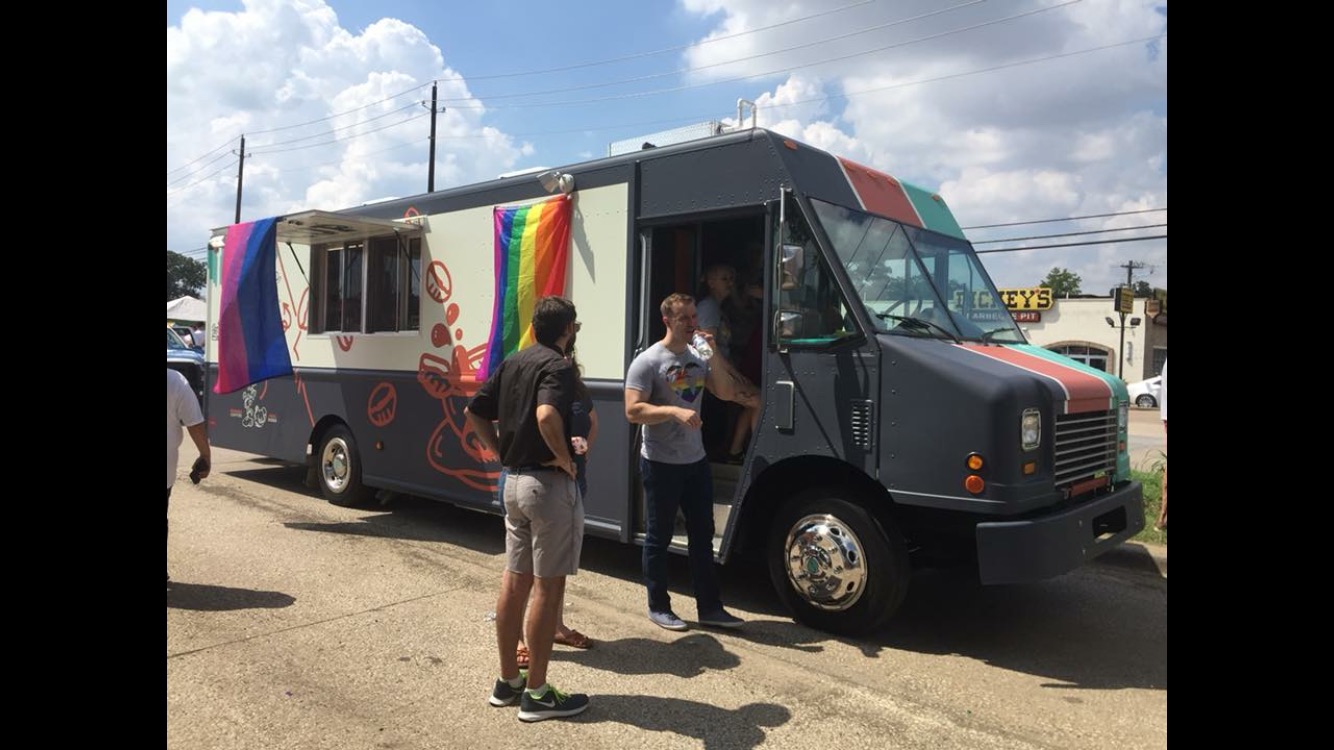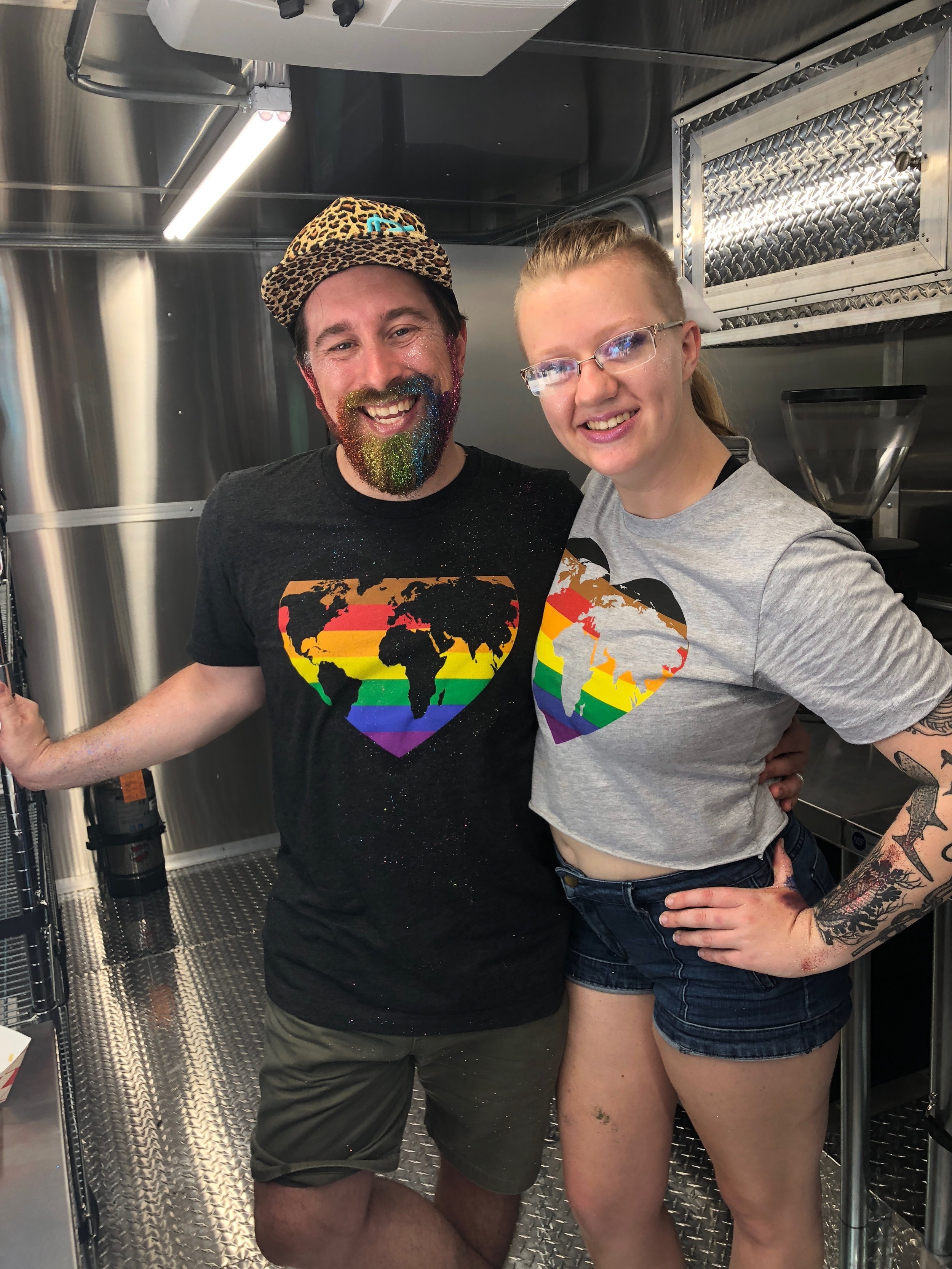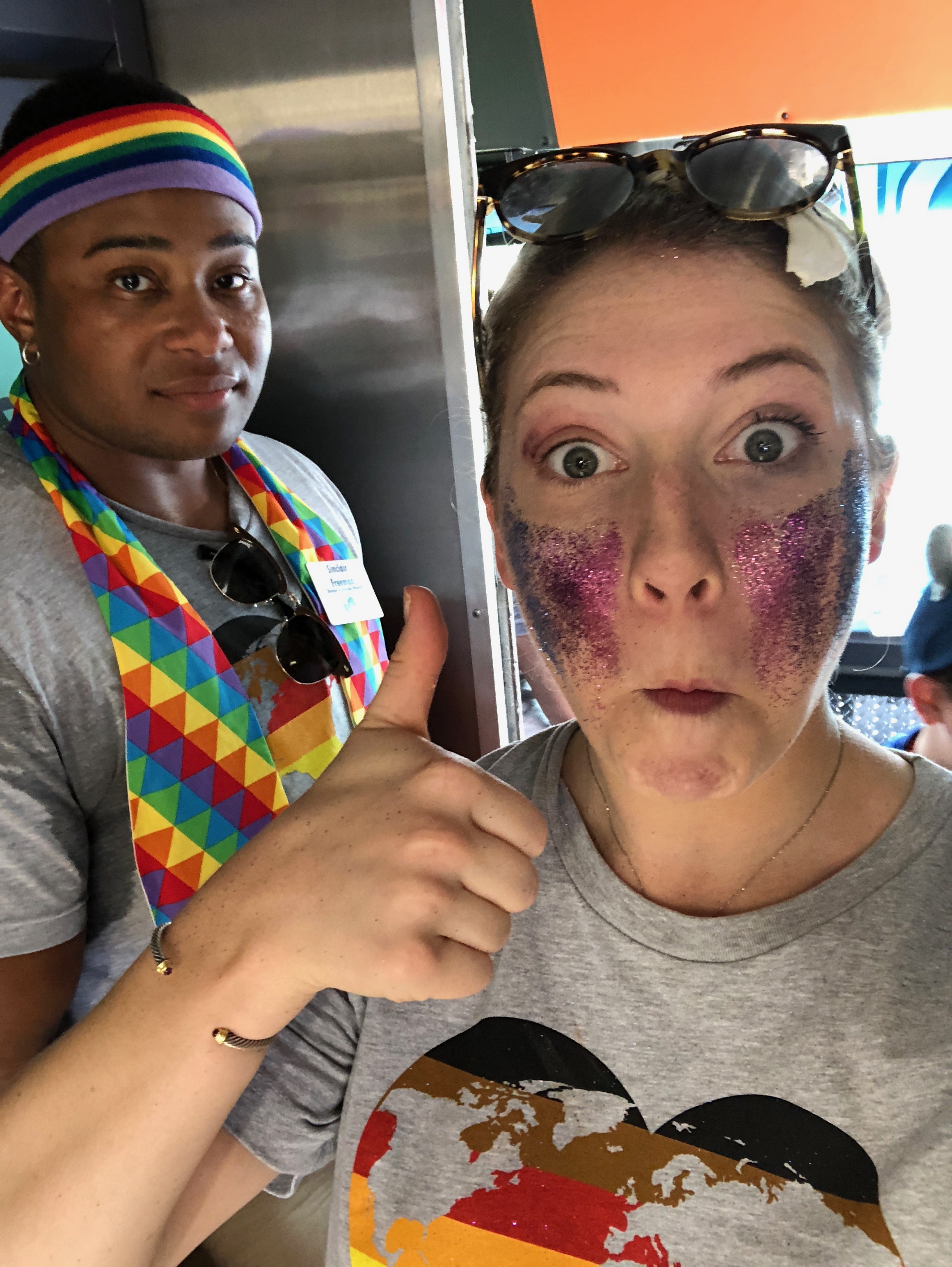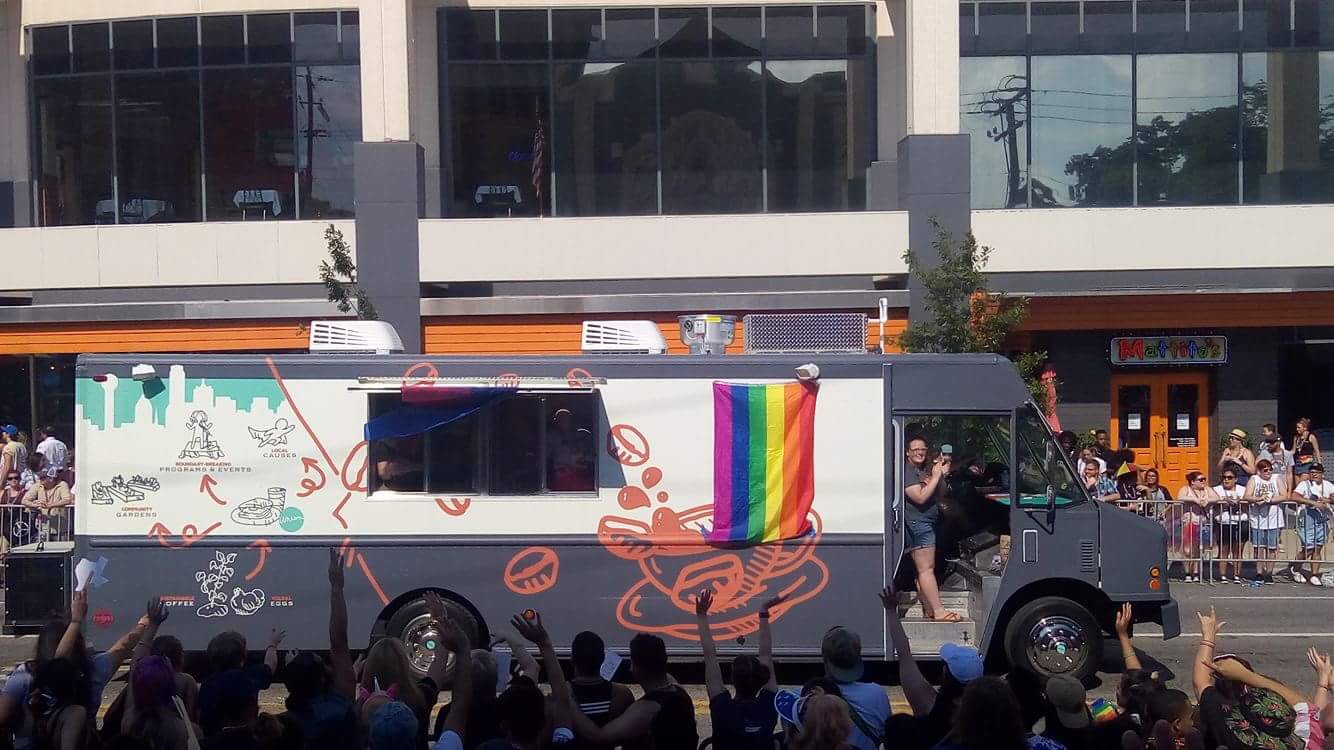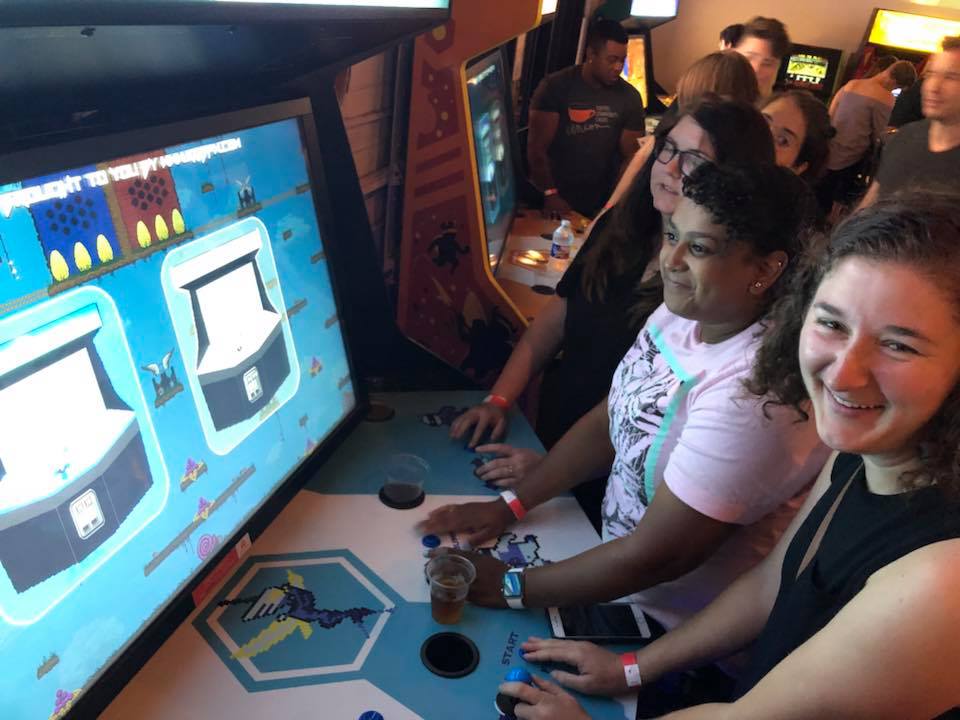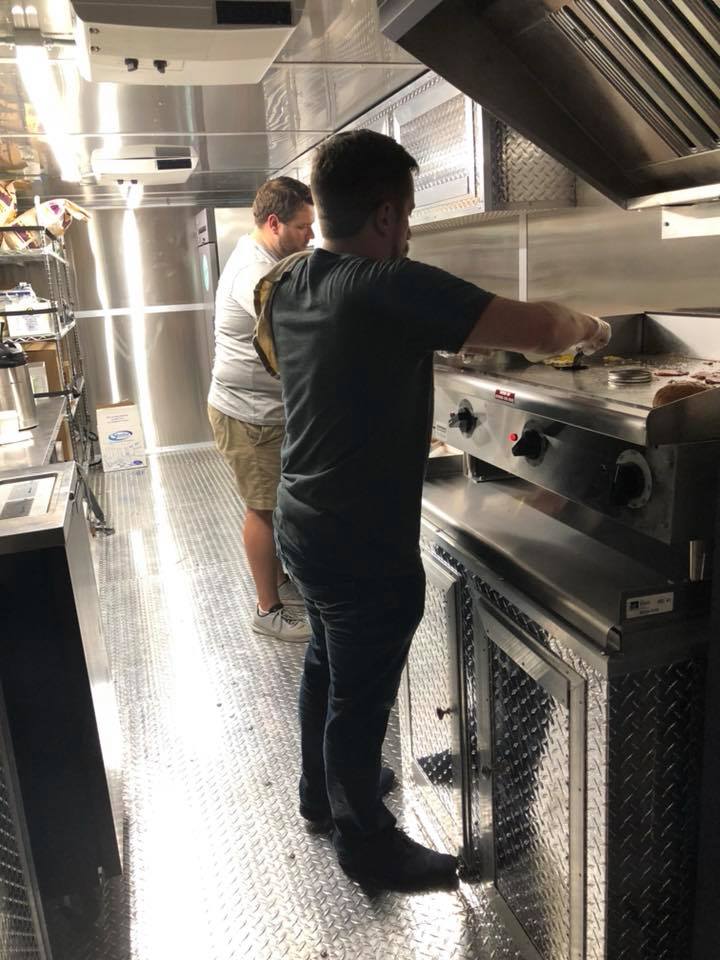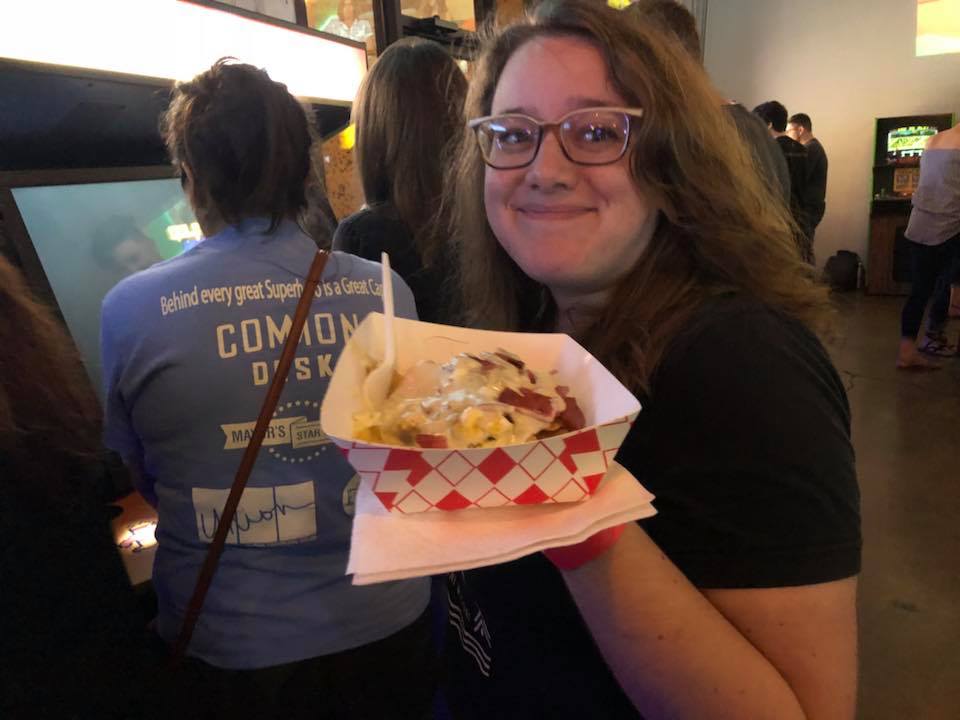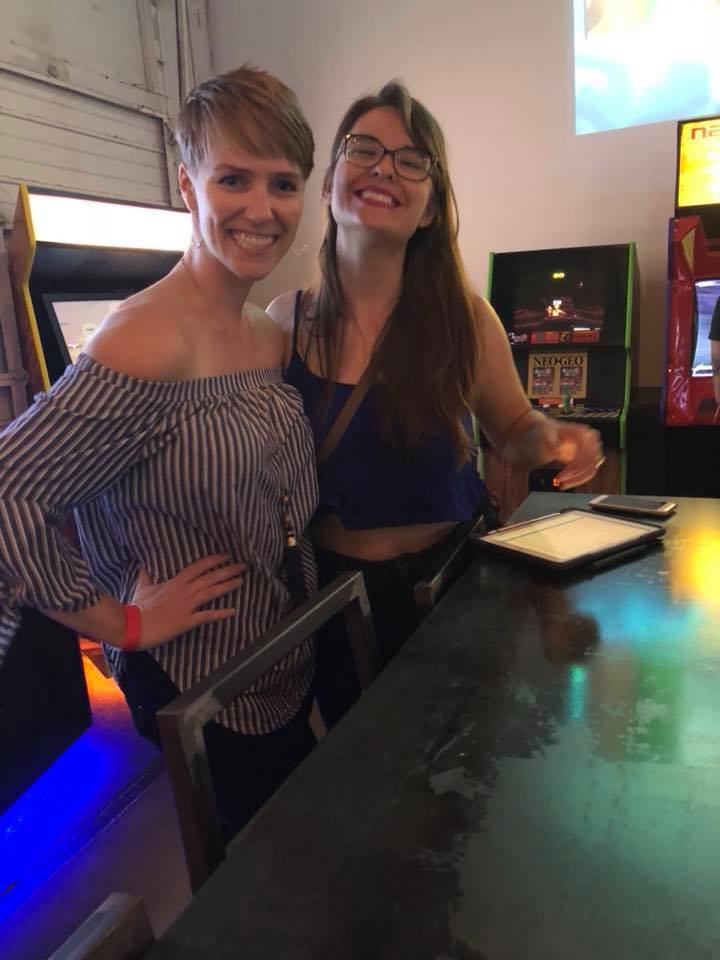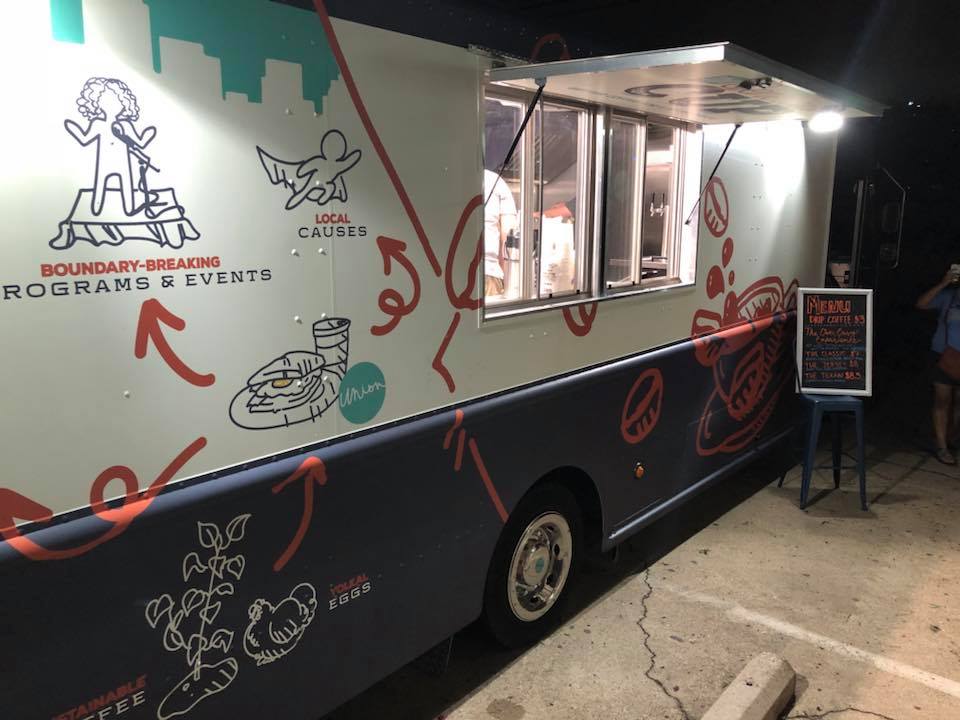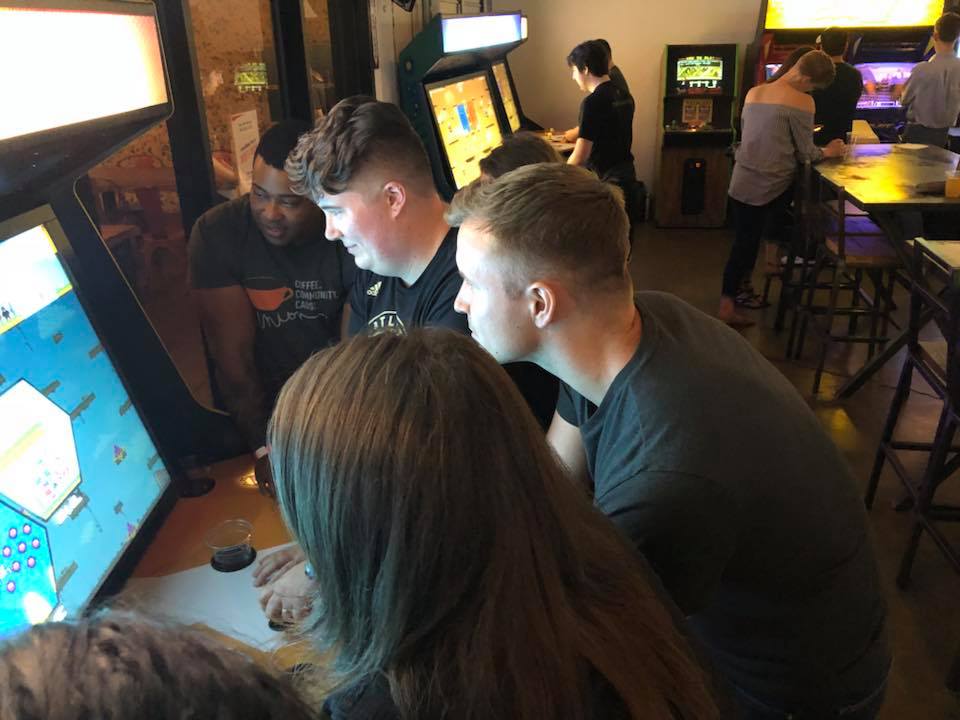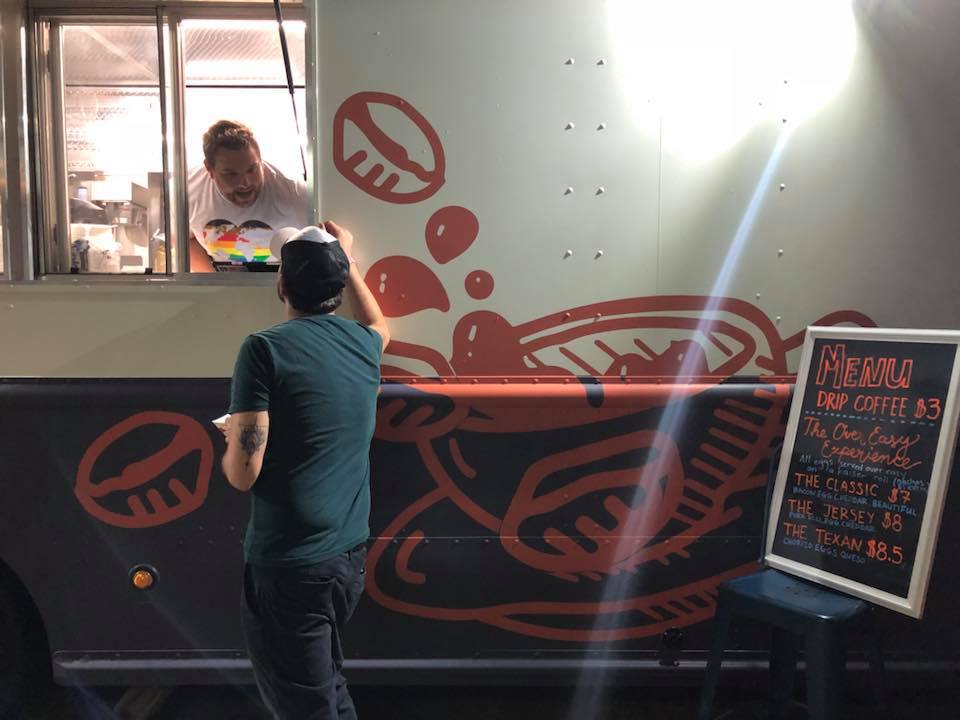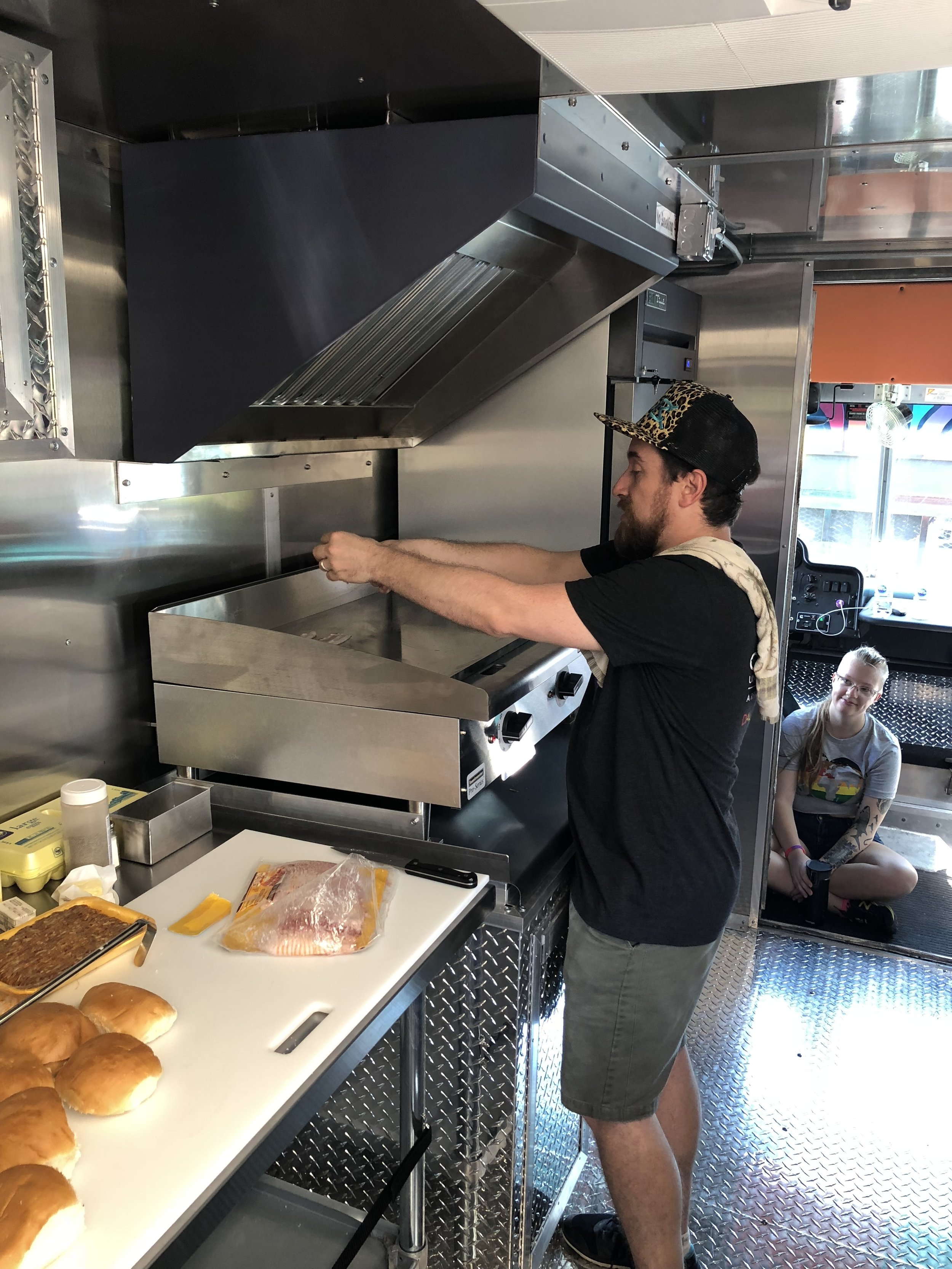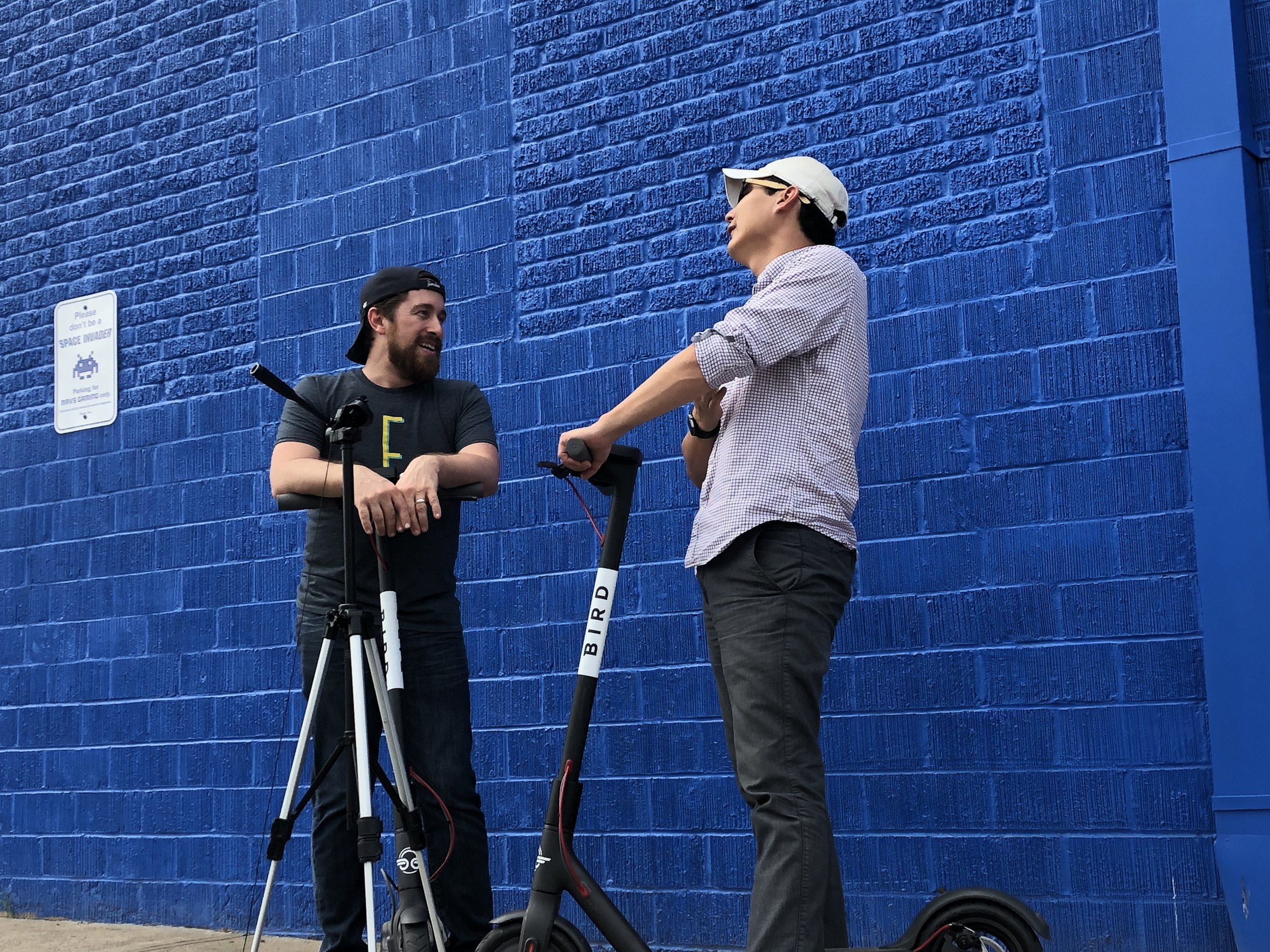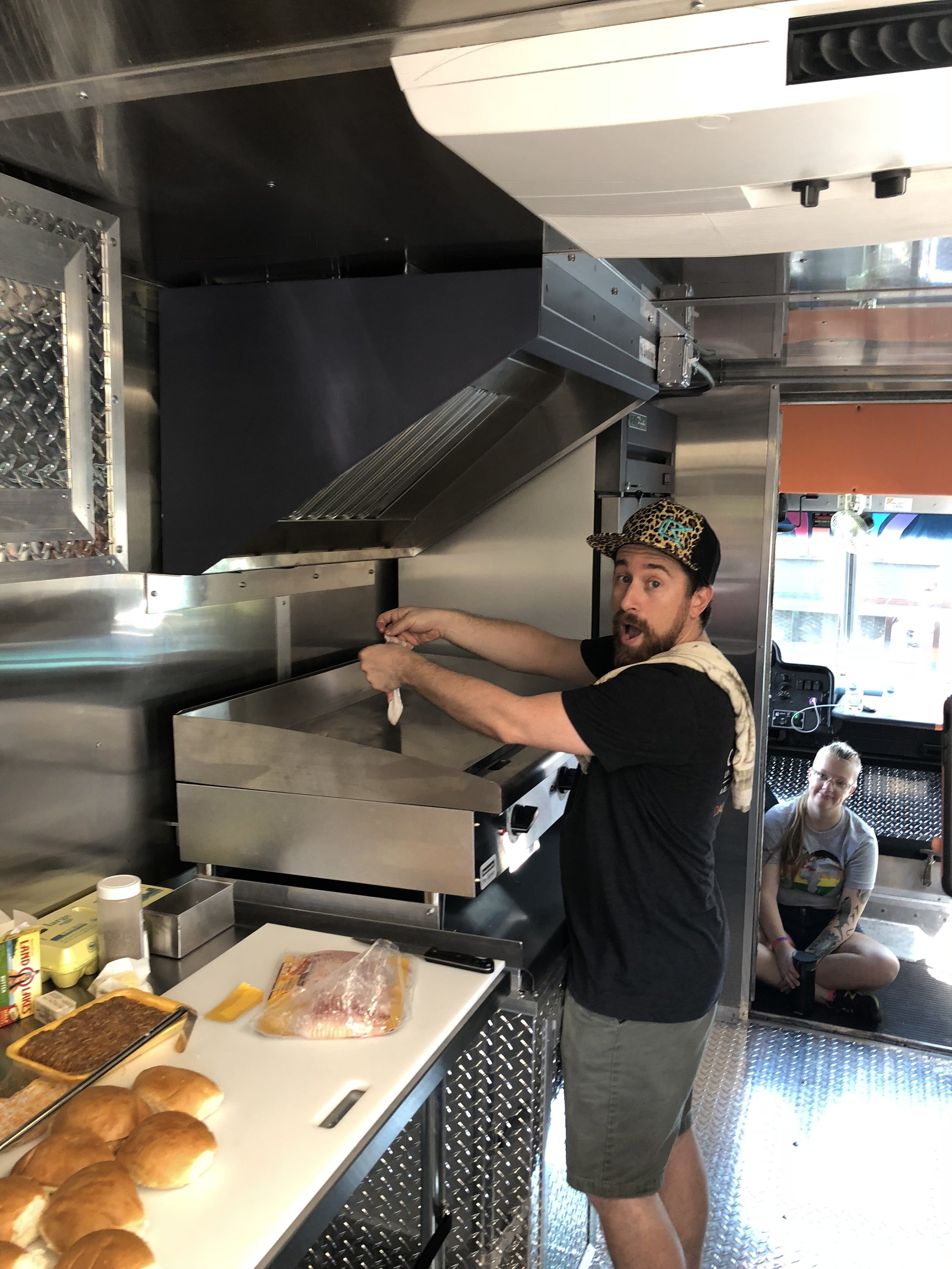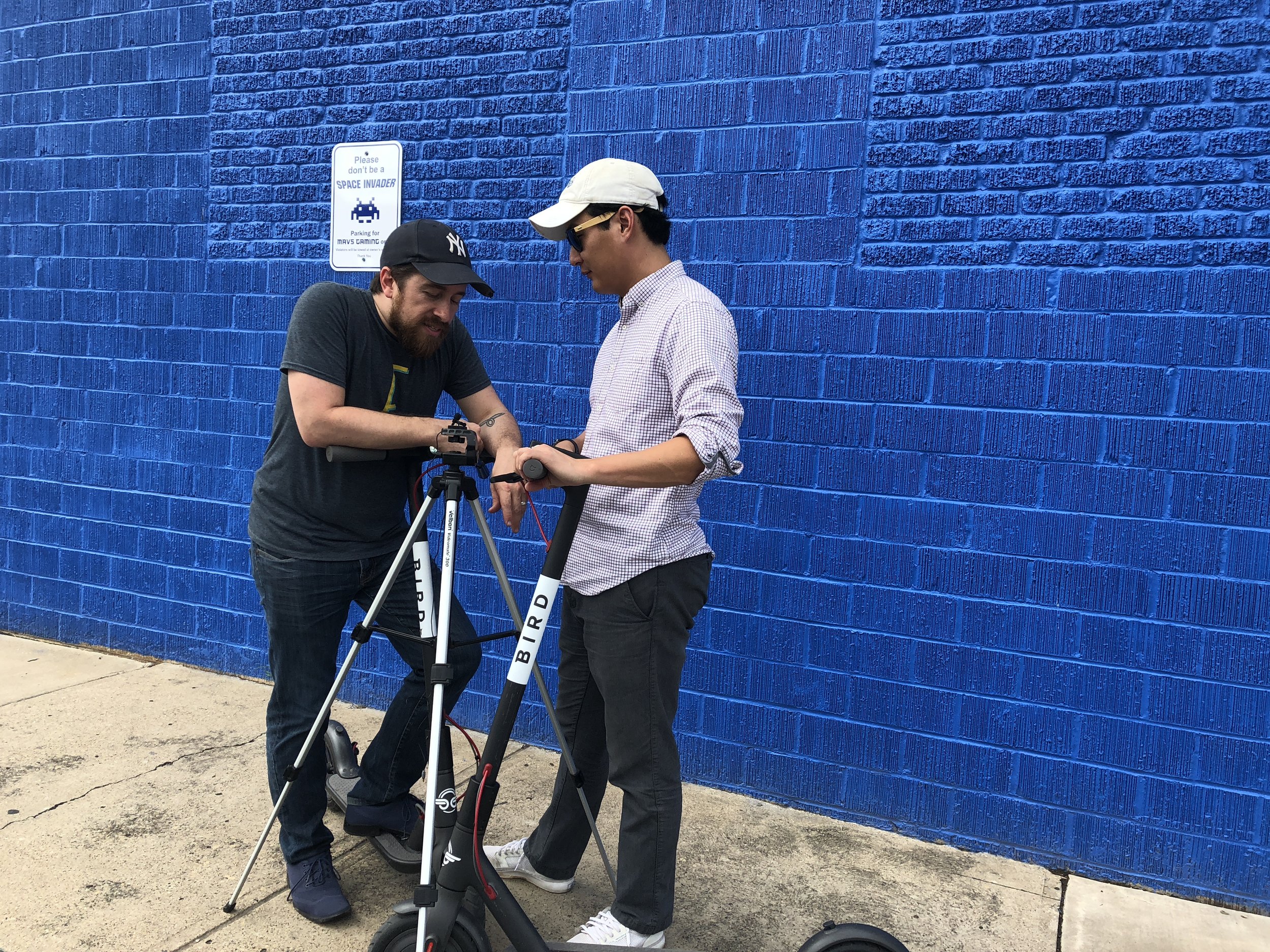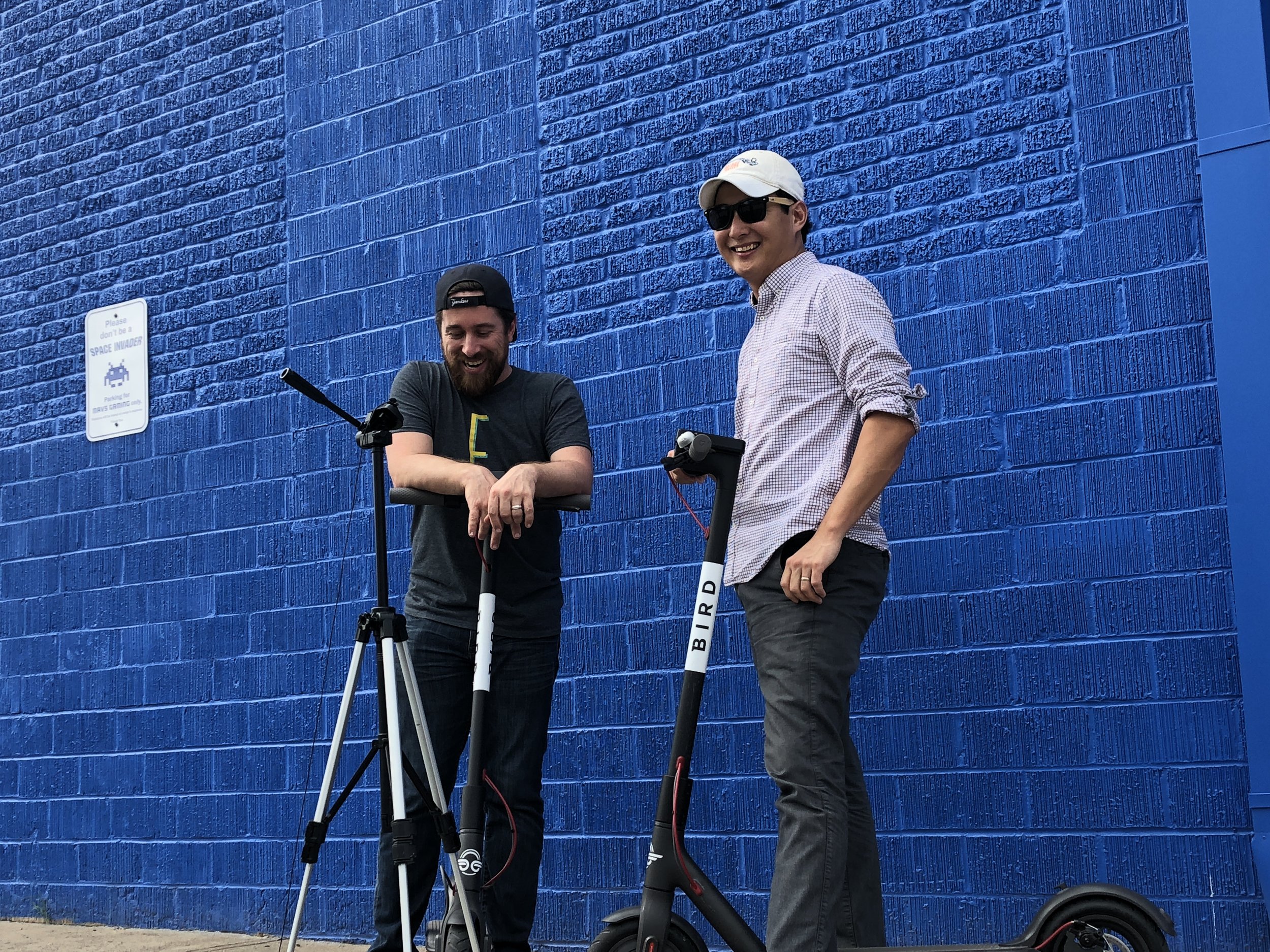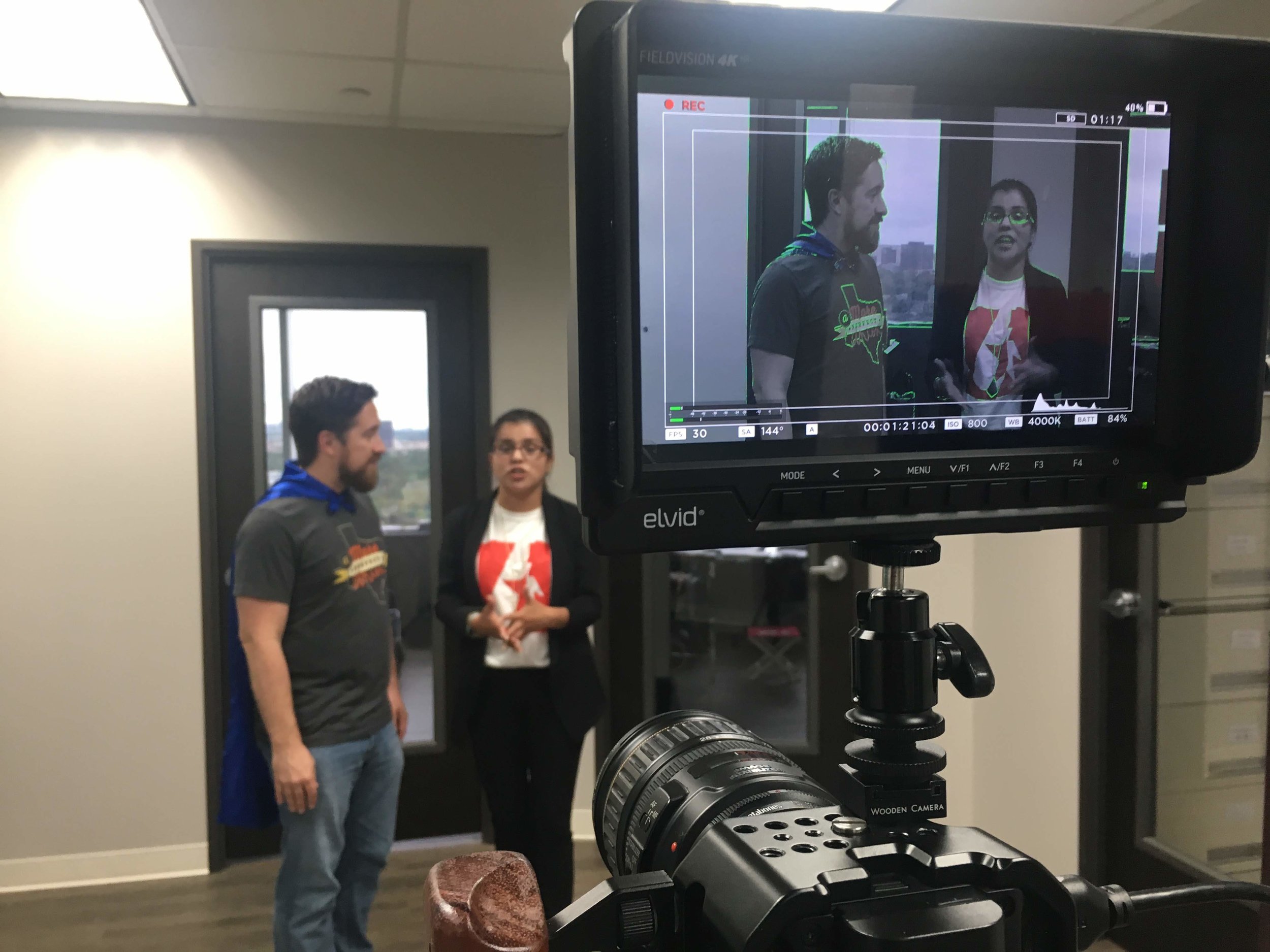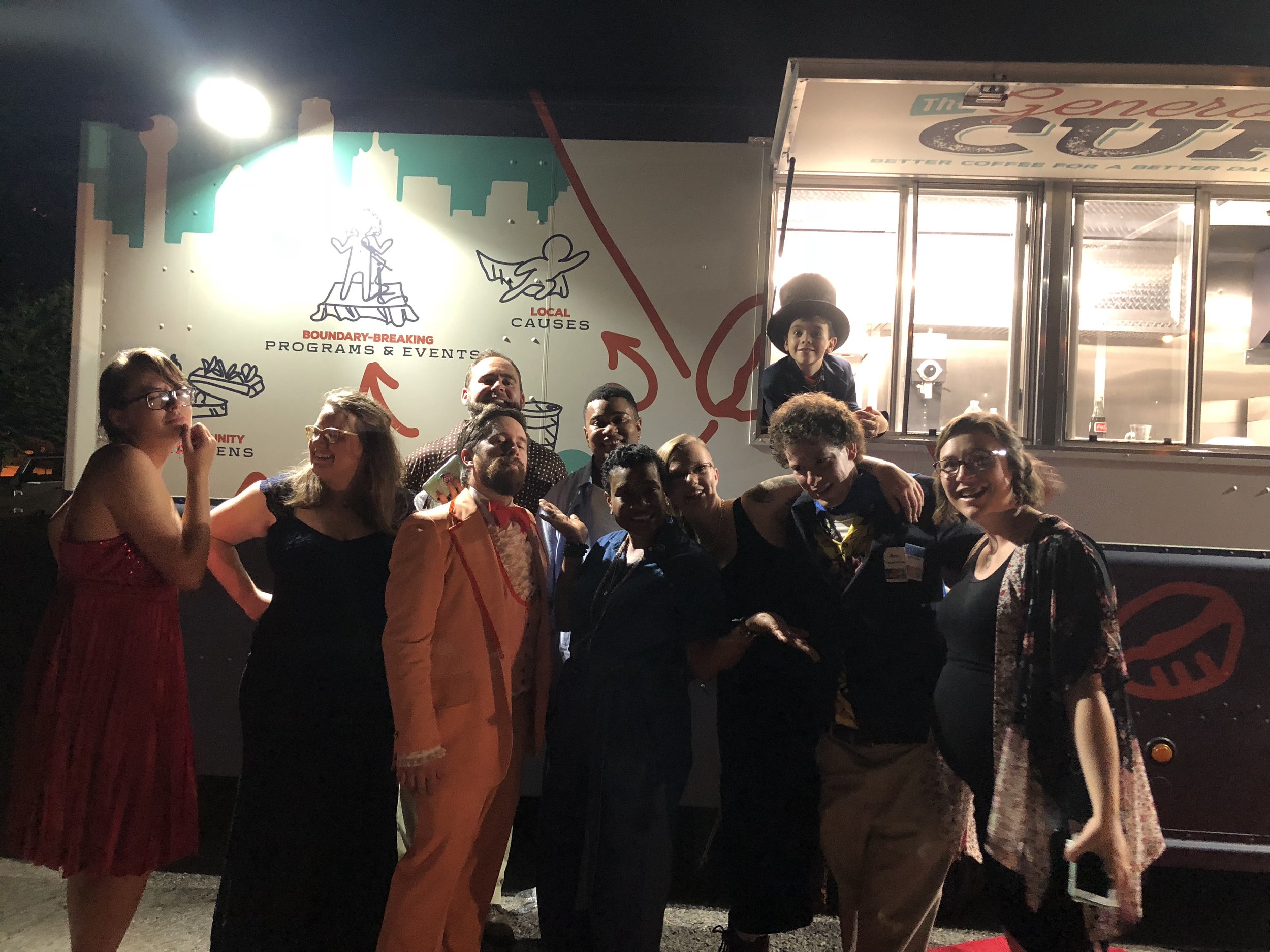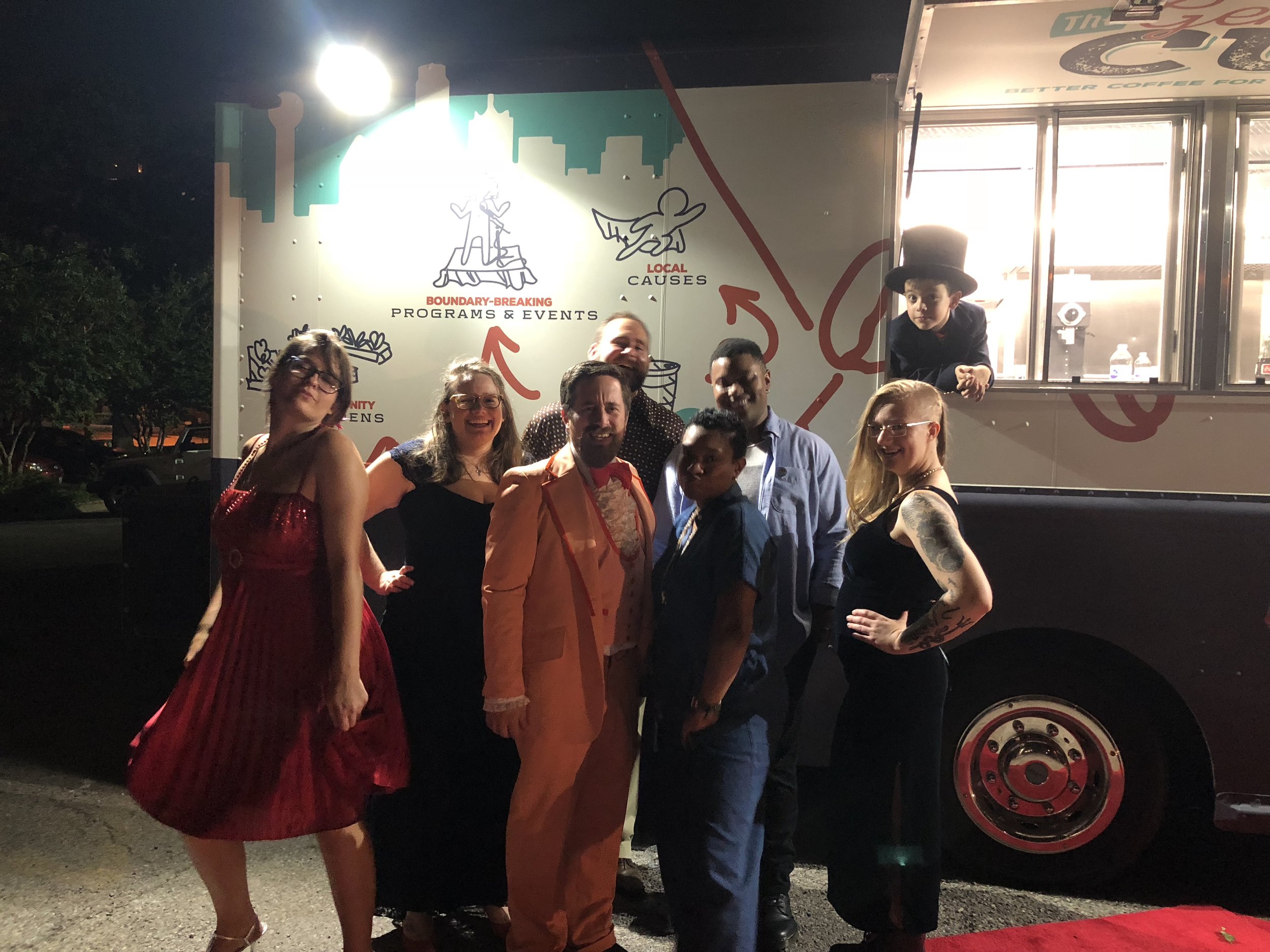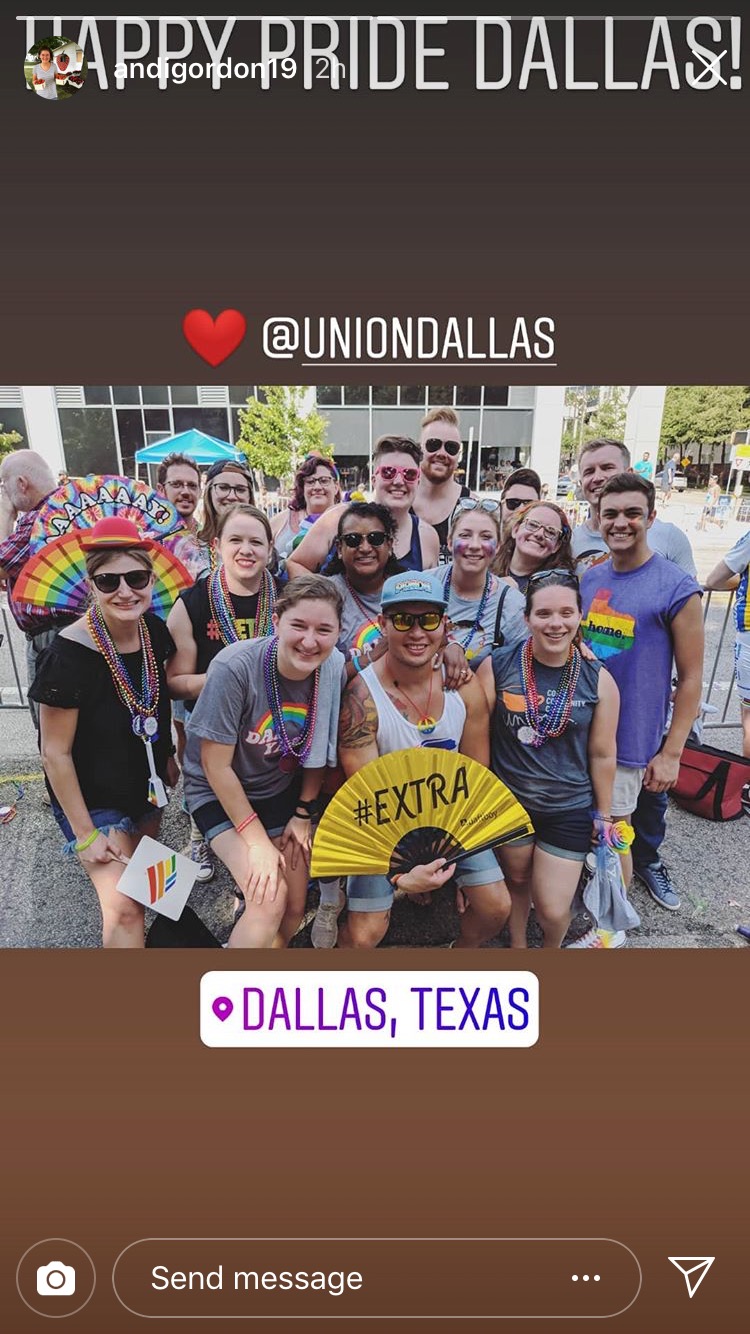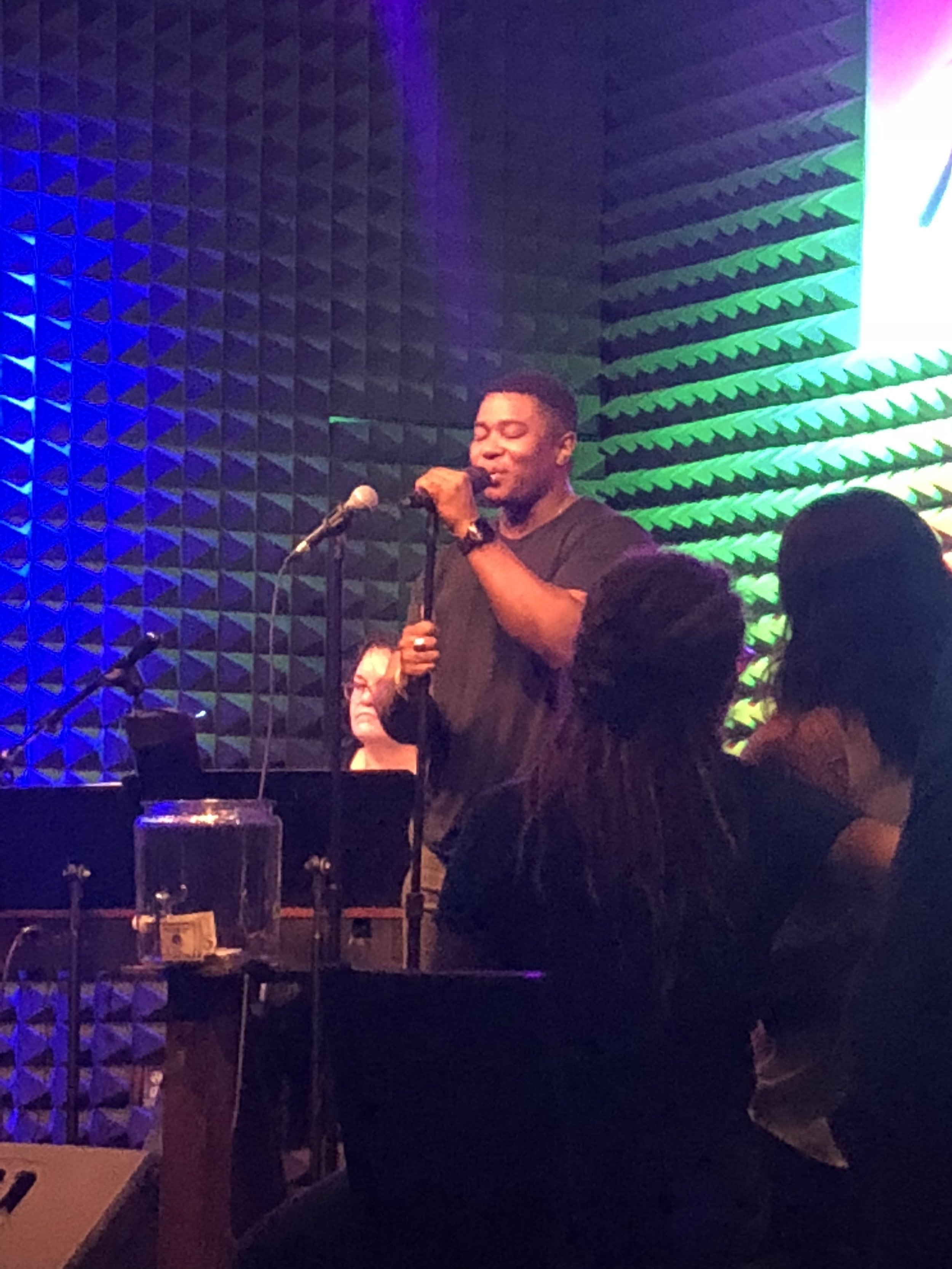I’m Rev. Mike Baughman, the founding pastor and Executive Director for Union Coffee, a non-profit coffee shop launched by the United Methodist Church. In 2019, we will turn seven years old.. We get contacted a lot from folks looking for a quick run down of what I wish I’d have known before launching Union so here are my top five in blog form.
ONE - The Coffee Business is HARD
Opening a coffee shop is like writing the great American novel,
everyone thinks it’s a great idea…everyone thinks they can do it, but it’s really fucking hard.
-Mary Grieshaber
I remember my rose-colored glasses, tinted by coffee-dream stains from Starbucks “Coffee beans are inexpensive” I thought. “Specialty coffee is expensive. The margins are huge! If Starbucks can do it, so can we!” What I’ve learned is that the margins aren’t nearly what you think they are (especially if you want great coffee). Starbucks, as it turns out, thrives on volume and leveraging capital that you will not have. Comparing the success of an independent coffee shop to the ease of success that Starbucks has is kind of like saying “Pixar makes movies that make money. I have iMovie, therefore…”
Actually, scratch that comparison. Pixar makes great movies. Starbucks makes terrible coffee and I can prove it to you with math (but that’s a different blog).
Still, the sentiment stands. The coffee business is hard. Quality coffee is an art and financial success in coffee requires equal measures of capital, well-informed decisions and luck.
TWO - Get to work
I really wish that I had spent six months working in a successful, independent coffee shop that produced solid third-wave coffee. Even if I had only done this as a quarter or part-time job, I would’ve learned so much about day-to-day operations that I instead learned slowly on-the-job at Union. Had I done this, I believe that I would’ve had better credibility with donors and granting agencies. Furthermore, I would’ve been connected into a support network of coffee folks and had a better grasp of healthy day-to-day operations which would make me a better supervisor.
Let me be clear: you don’t have to know how to run a coffee shop in order to manage a coffee shop manager. After all, a pastor doesn’t have to know how to play an organ in order to supervise an organist…but it sure does help to know a thing or two about music in order to better collaborate and work together. Working in a coffee shop would’ve given me a language and understanding to make me a better supervisor and make better strategic decisions.
THREE - Hire a Manager
Seminary didn’t teach you to run a coffee shop.
Just because you can exegete a text doesn’t mean you can calculate Cost of Goods Sold.
Just because you know Jesus doesn’t mean you know how to make a latte. My hunch is that Jesus doesn’t know how to make a latte and if he did, he’d make it with sheep or goat’s milk and I am not about that.
Someone actually did give me this advice before opening Union and I’m so glad he did. One of the most common mistakes of failed coffee shop church endeavors were church planters who thought they could plant a church and manage the coffee shop. It just doesn’t work because there aren’t enough hours in a week. The mission will always suffer. Given the choice between inviting people to worship (or even preparing a sermon) and ordering cups so that you don’t run out, 99/100 people are going to order cups.
Your job is to pastor people and support a manager.
Let the manager manage.
FOUR - Don’t be an underpants gnome!
One of the biggest mistakes I see church-run coffee shops make is failing to develop a comprehensive strategy for how their coffee shop feeds into and fuels the mission of the church. Far too many churches do, what I like to call, under-pants-gnoming.
In the first episode of South Park, the town was plagued by underpants theft. (I clearly only watch high-brow television). As it turns out, there were gnomes stealing all of the underpants. When asked why, they said…
Step 1: Steal underpants
Step 3: profit.
At no point could they articulate step two.
Churches have done this for decades with pre-schools, thrift shops and now coffee shops. They build a thing and just assume because they have it, their mission will be accomplished.
One of the things that Union has done best is develop an intentional strategy so that people coming in to our shop helps us accomplish our mission. This strategy has developed over time, but now we have measurable ministry impact that correlates directly to coffee shop operations.
Any church enterprise should go through a rigorous process of developing a theory of change. This is one of my personal passion projects. Feel free to email me ( mike@uniondallas.org ) to know more.
FIVE - Top Five Lists will Not Make your Coffeeshop Church Successful
Union is contacted on a regular basis with people asking for a quick phone call to ask questions and learn more about our experiences. While I applaud the desire to research and learn from the experiences of others, the reality is that running a coffee and running a church are both very complicated and significant endeavors. When Union first started, we didn’t really have many successful models to follow. Here’s the good news: there are now people to guide you through this process.
I highly recommend that churches who want to launch a coffee shop consult with people who have actually done that work. Union is beginning to offer these services, but we are not the only ones. Spending some money on a consultant in this case will save a LOT of money down the road. Learn from the successes and failures of other churches who have learned “the hard way.”
Mike










